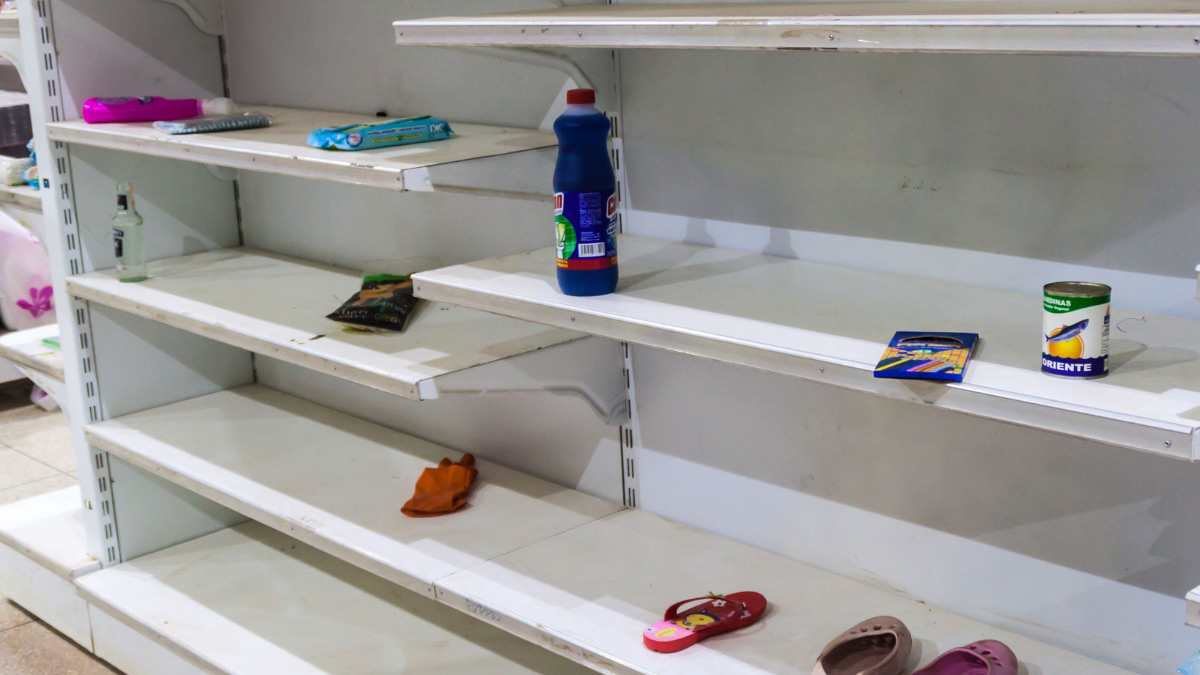Any human group—whether it’s a family, community or country—that is suddenly exposed to contact with outsiders tends to become defensive, projecting its own demons onto the “others” so they are held responsible for its problems. That is why xenophobic ideologies feed so effectively on immigration.
Anti-immigration sentiment is beginning to target Venezuelans who seek shelter in Latin America, the United States and Spain as their country descends into Dante’s inferno. The United Nations High Commission for Refugees has compared asylum requests by Venezuelans to those made by Syrians feeling that nation’s civil war.
More than 4 million Venezuelans have fled the consequences of Chavismo rule (named for the late dictator Hugo Chavez) in recent years. As was the case with Cubans decades ago, the first waves of emigrants were from the elites and the middle class.
Many of these early emigrants were professionals. The oil industry and other industries in the receiving countries that hired them benefited from their expertise. Later, the diaspora became more “democratic,” encompassing all socioeconomic groups. The fine line that separates exiles from refugees became blurred.
Something else happened. There was massive growth of the diaspora. Venezuela’s borders were crowded with hundreds of thousands of human beings who crossed over to the other side—to Colombia, Brazil, to a lesser extent Guyana, and across the sea to Aruba and Trinidad and Tobago.
More than 500,000 Venezuelans entered Colombia in 2017, and about the same number have done so this year already, overwhelming public services in towns along the 1,200-plus-mile border.
In Brazil, Venezuelans already make up 10 percent of the population of Boa Vista, and the authorities have militarized the border. In Lima in Peru and Madrid in Spain, it’s impossible to move about without coming into contact with them; in south Florida they number in the hundreds of thousands.
This exodus from Venezuela is expected to continue, since the International Monetary Fund forecasts that by the end of 2018 the Venezuelan economy will have shrunk to half of what it was in 2013.
In many receiving countries, voices have demanded a stop to these inflows.
In Panama, hostility towards Venezuelans has infected the national conversation for some time. The Panamanian government recently banned Venezuelans who had been moving back and forth between that country and Costa Rica to avoid overstaying their visas.
In other countries, such as Peru, the early rumblings of an anti-Venezuelan immigrant sentiment are being heard. In Colombia, President Juan Manuel Santos is asking for international assistance, partly because he greatly fears the violent conflict he sees coming if Venezuelans continue to come in.
The critical position adopted by the 14 countries of the so-called Lima Group against the farcical presidential election that Venezuelan dictator Nicolás Maduro will hold on April 22 betrays the fear that consolidation of his regime will trigger the exodus of millions more.
It would be a cruel irony if, confronted with the arrival of Venezuelans, the democratic countries that are belatedly denouncing Chavismo nationalist populism adopted one of the worst aspects of nationalist populism: rejection of the “other.”
It will take courage on the part of governments and opinion leaders to neutralize the xenophobia that is emerging and that has much room to grow, considering there is no short-run solution to the Venezuelan tragedy.
The Venezuelans who are fleeing their country are running away from food shortages, the lack of basic medical supplies, and a crime rate nearing 100 deaths per every 100,000 inhabitants. They are victims. They are doing what any of us would do in their situation.
The emigrants from Venezuela are not interested in invading any country, taking anyone’s job or living off another country’s government. They are guided by the need to escape death – that most primordial of instincts. The receiving countries need to put their imagination and compassion to work and come up with the most orderly and least burdensome way to welcome these victims of Chavismo instead of rejecting them.













